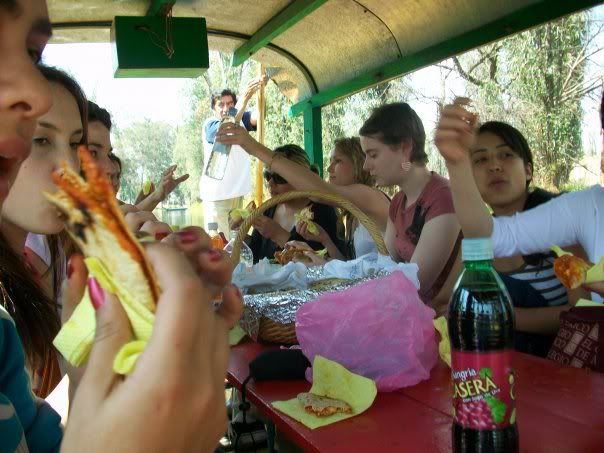
Upon my arrival home, a little searching yielded an article on page A8 of the New York Times about remotely piloted predator drones dropping bombs on Al-Qaeda targets in Pakistan. The presence of operatives there was nothing new to me, but the situation had always seemed so complex--unidentifiable targets, the presence of civilians, issues of national sovereignty--that I had not fully expected even the Bush administration to act. But sure enough, in his first two weeks in office, Obama was continuing a Bush plan that also includes Special Operations ground forces in the the remote mountainous region.
Of course, last week's bombing should not have come as a complete surprise. Last year during the primaries the President said that, with credible intelligence information and precise targets, he would bomb the American ally. Nor should I be so judgemental: I don't have access to that credible intelligence information, and it is pretty obvious I am not aware of all the goings-on in the Middle East.
However, what did disappoint me was that Obama, who campaigned on an anti Iraq war platform, was so quick to drop bombs in other countries. With all his criticism of the Bush administration, I wouldn't have thought him one to follow in his steps.
Maybe he had meant that the scale of the Iraq war was a mistake. Maybe he had meant that the country was the wrong stage for a decade-long campaign against terror. But when I voted for Obama I trusted that he knew the value of a human life. Sure, no Americans were at risk in the operation, but the "precise targets" that he spoke of happened to be two homes. Out of the 15 people killed, three of the dead were children.
I also expected Obama to understand the value of foreign diplomacy. US unilateral action (along with the deaths of potentially 100 civilians over the past few months) has actually made Pakistan's own bid to fight the terrorists increasingly unpopular amongst its citizens. Once again the US is taking too simple of actions in a situation that involves careful consideration of an area's dynamics and history.
As Obama's presidency fills me with hope, I also question the true nature of the change he has promised to bring. Change does not mean simply bombing different countries or using different rhetoric. It involves being smart about our actions. It involves working with countries rather than blowing off their governments and bombing their citizens. As American citizens, it also means being aware of and supporting a real change in our government. We have to be more aware than our neighbors, more conscious of how we move in the world. And we have to stop hiding this sort of information on page A8 of the New York Times.

No comments:
Post a Comment
Note: Only a member of this blog may post a comment.